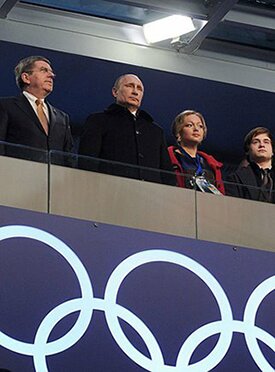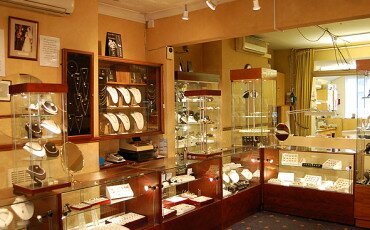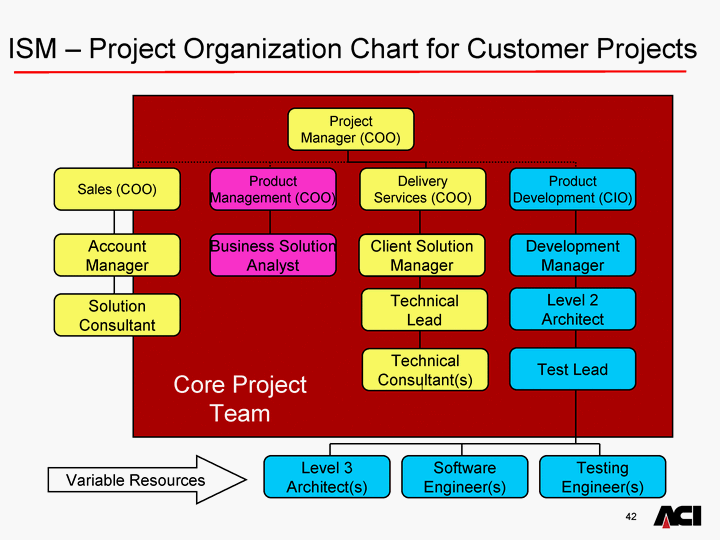Product Branding: Is It Out Of Control?
These days, manufacturers spend billions of dollars marketing their products. To protect their investments, they also spend big money defending their naming rights. While many consider this a fundamental part of capitalistic society, others fear it infringes on free speech, while creating an unfair advantage for bigger corporations. Recent events have brought this matter into the public eye, and many are concerned about the potential for troublesome precedents.
The Olympics
 The 2012 and 2014 Olympics have shed light on just how aggressive sponsors have become when it comes to protecting naming rights. Non-sponsors are forbidden from using words, such as “Twenty-Twelve,” “Two Thousand and Fourteen” and “Games” in conjunction with words, such as bronze, silver, gold, summer, medals and the location. Things have gotten so out of hand, some local pubs in 2012 threatened with civil lawsuits for displaying signs and banners, saying things like “Come and watch the London Games on our big screen televisions!” These strict rules on advertisement have also likely been put in place during the 2014 Olympics in Sochi, Russia.
The 2012 and 2014 Olympics have shed light on just how aggressive sponsors have become when it comes to protecting naming rights. Non-sponsors are forbidden from using words, such as “Twenty-Twelve,” “Two Thousand and Fourteen” and “Games” in conjunction with words, such as bronze, silver, gold, summer, medals and the location. Things have gotten so out of hand, some local pubs in 2012 threatened with civil lawsuits for displaying signs and banners, saying things like “Come and watch the London Games on our big screen televisions!” These strict rules on advertisement have also likely been put in place during the 2014 Olympics in Sochi, Russia.
Product vs. Brand
Sometimes, products get so popular, they become synonymous with a brand. Such is the case with clear tape, which is typically referred to by its brand name “Scotch.” While this may not seem like that big of an issue, it can have a serious impact on small businesses, which use or market these products.
Recently, plastic surgeons received menacing faxes from Allergan for using the term “botox” instead of “BOTOX® Cosmetic.” Similar instances have occurred in the dental field, where cosmetic products are commonly referred to by brand names.
According to dentist, Dr. Mark Dunayer, patients have expressed more and more interest in clear braces; however, few refer to them as such. Instead, they commonly call them by leading product names.
“There’s definitely a growing awareness of the word ‘Invisalign.’ My patients love the technology because they can straighten their teeth without having to deal with metal bonded to their teeth.”
To the chagrin of dentists who don’t care to invest in Invisalign certification by Align Technology, many local patients don’t even know who offers these products, thanks in part to branding restrictions that complicate marketing efforts. Because un-certified dentists are forbidden from using the word “Invisalign” on their websites, they usually don’t show up in search results for the term. Unfortunately, dentists are often forced to use less popular synonyms, such as “clear” or “invisible” braces. This often leaves them unable to connect with prospective patients, who are far more likely to search for the product’s brand name when attempting to find a provider.
Although companies need the ability to protect their brands, most agree they have become overzealous in their quest to hoard naming rights. With companies harassing their licensed clients about using the correct naming of their products, it’s perhaps gone too far. Unfortunately, to change the direction of this current, it will take more than a few brave small business owners, who have the backbone necessary to participate in some very expensive legal battles.








